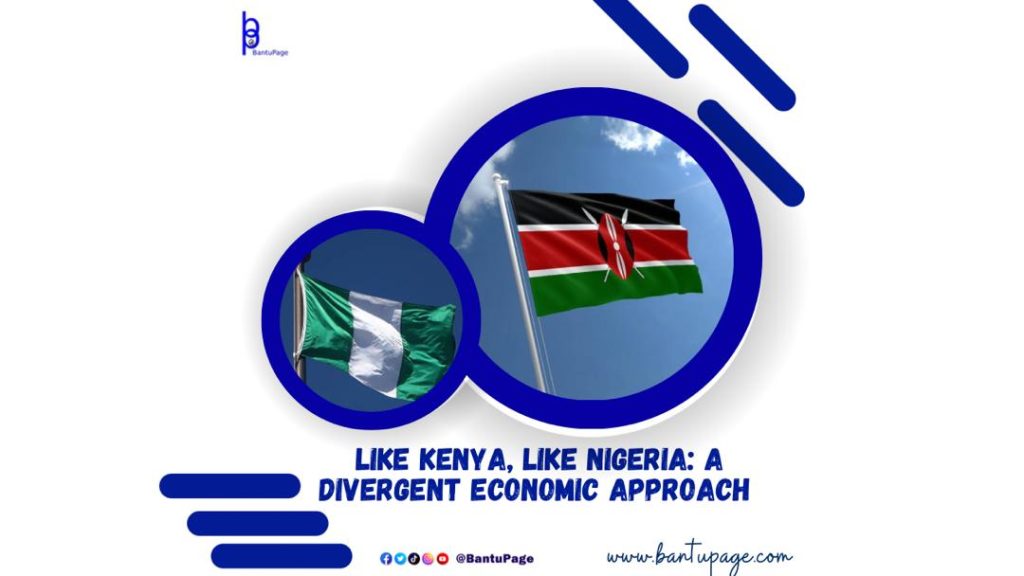
Protests have erupted in Kenya over the country’s new finance bill, championed by President William Ruto. The bill seeks to increase taxation to service the country’s international debts, which have been skyrocketing. Kenya’s public debt is about 68% of its GDP, while about 37% of its annual revenue goes towards debt servicing.
These figures are dangerously high, and depreciation has not helped the Kenyan shilling. The greenback serves as the medium of debt servicing. However, the shilling has dropped in value against it, thus burdening Kenya’s economy. While President Ruto intends to raise taxes to reduce Kenya’s debt burden, his Nigerian counterpart, President Tinubu, has led a government mainly relying on borrowing to run its affairs.
Even though Nigeria’s debt-to-GDP ratio is lower than Kenya’s, 38.6% is the highest in years. Nigeria’s economy is also going through crippling inflation, which has seen its legal tender, the naira, shrink massively against the dollar.
Consequently, while Ruto raises taxes to pay off international debts and reduce the debt to GDP, the Tinubu regime still borrows to fund frivolities, such as buying the president a new jet and yacht. Even though the government in Nigeria has raised taxes to an unreasonable level, it has done very little to tackle the terrible inflation ravaging the country, and it has also refused to meet the labour unions’ demand to increase the minimum wage of Nigerian workers to reflect the naira’s devaluation against inflation.
Share your thoughts in the comment section about Nigeria and Kenya’s reaction to debt and inflation. Please share your thoughts on which government approach you believe is better, as well as your reactions to citizens in both countries. While Kenyans have taken to the streets to protest the high cost of living that these new taxes will bring, Nigerians, who have faced more hardships, have taken more interest in Davido’s wedding.
By Nnaemeka Odenigbo





